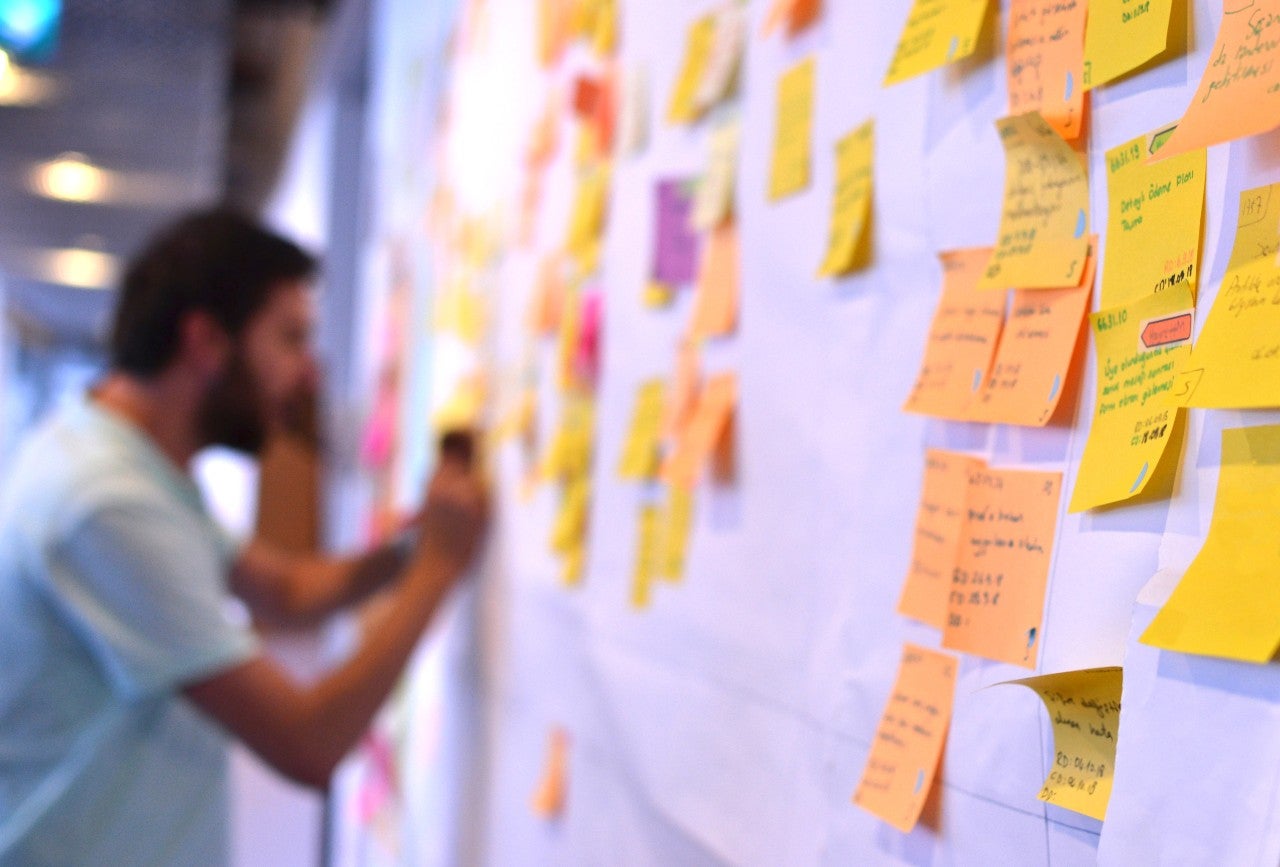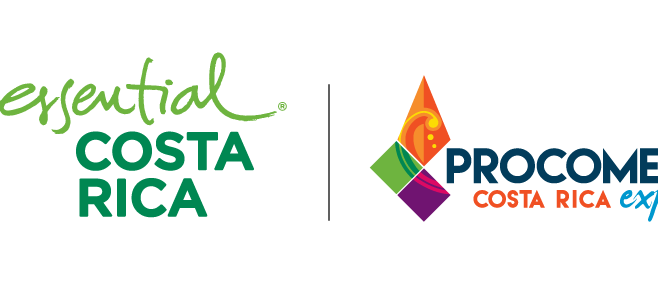
Complex development work once followed the waterfall methodology. In this model, intricate project plans shaped the stages of development, start and end dates were fixed, and the sequential process was fully defined at the offset, allowing little scope for flexibility. The way such projects are managed is changing, however, necessitating changes in what enterprises are seeking in service providers and partners.
“Agile engineering has become the standard,” Joshua Kanter, chief marketing officer of Encora, a provider of product engineering services to large corporates, says of developments within his industry. “Before, you would write up all your requirements, the business analyst would refine them, then, several months later, the development team would produce what was requested. All too often, the result would not be quite right, it wouldn’t work, or requirements would have since evolved.
“By contrast, with agile development, you are performing rapid cycles,” he adds. “It is highly collaborative, highly iterative and you might release something every two weeks or once a week – even multiple releases in a day. The idea is that agile development is much more fluid. There are different operating requirements, but it is far more adaptive to needs and changes. It learns and gets better as it goes.”
Agile has supplanted waterfall as the standard approach but presents a seismic shift in what corporates are looking for from their service providers. Large providers such as Encora are reliant on global teams that can collaborate seamlessly, which is partly why engineers in Latin America – including markets such as Costa Rica, Mexico, and Brazil – have taken on such a critical role in supporting the needs of US-based technology companies.
“With agile – given the need for active collaboration, iterative learning and highly interactive testing and feedback loops – the more shared working hours, the better,” says Kanter. “You can move much faster and farther, through working with a partner who is in your daylight hours. So, corresponding to the shift from waterfall to agile, there has been a rise in demand for nearshore, which brings us to Latin America.”
Kanter adds: “The shift (from waterfall to Agile) has fuelled this incredible growth in demand for engineering services in Latin America, and we as a company started our Latin American delivery footprint in Costa Rica, in our office in Heredia.”
Organic growth and acquisition
Encora, a US-based company, was started in 2005 with an India-centric delivery model. Over the years, it expanded into the Asia-Pacific region, supporting its clients with traditional offshore practices. However, with 75% of its clients based in the US, demand for nearshore capabilities emerged as a high priority. In 2015, Encora opened its first office in Heredia, Costa Rica. The goal is to build “the world’s leading software engineering services company”, based on agile engineering mastery and a global delivery footprint with deep capabilities in Latin America.
“There is a well-documented tech talent shortage in the US,” remarks Kanter. “The first obstacle [clients] come up against is how to find people, and then how to afford the people they find. It is difficult. In addition, there is all the management bandwidth that goes into creating those positions, hiring for them, and training. Part of the value that we provide is that we handle all of those pieces for our clients.
“We are a seamless extension of our client’s research and development teams,” he adds. “The demand for software product engineering services, machine learning, cloud services… has been insatiable. Our tagline is ‘innovation acceleration’ and that is what we do for our clients: we accelerate their strategic innovation road map and increase their speed to impact.”
Encora’s approach is to engage in bespoke hiring for each client, based on their specific needs. It seeks out the right engineers who will become key members of a client’s product engineering team. The technology talent available in Costa Rica makes this process simpler than in many other regions, hence Encora’s local expansion in the market.
Today, the company has five offices in Costa Rica, along with five in Mexico, a large presence in Peru, and is expanding the site in Colombia, has a foothold in Bolivia and a strong new presence in Brazil. The company is building its delivery footprint through a mixture of organic growth and acquisition. Of the four companies it has acquired in the last four years, three have been in Latin America – most recently, the Brazilian software development provider, Daitan.
“We are very selective about who we choose to invite to join the Encora platform,” Kanter adds. “They not only have to bring vertical depth and technical skill, there has to be a cultural fit. We are looking for companies that have the same DNA, that share our values, and that want to help us build the world’s best software engineering services company – and one thing we are particularly proud of is that every founder of every company we have ever acquired remains with us today. I think that is evidence that we are doing some things quite right.”
The global strategy is about finding the top tech talent in the Americas that can service the growing demand for agile development. Furthermore, it is about forming long-term partnerships with clients.
“That means that when we are hiring engineers, they know it is a long-term engagement, and there is job security, as well as opportunities for professional growth because it is not project-based,” Kanter explains. “It is about being part of a team that is seamlessly integrated with the client.”
A hotbed of talent
Costa Rica plays an important role in Encora’s global strategy because of the strong pool of tech talent with the technical skills demanded by clients. The emphasis on agile engineering means that service providers like Encora are no longer just selling labour cost arbitrage; it is about providing a cultural fit, a collaborative mindset and a broad base of leading-edge technical skills.
“As we consider further expansion within Latin America, we are looking at the level of education and the level of English-language fluency,” says Kanter. “Then we are looking for cities that have good infrastructure in a country where there is political stability and economic growth.” With these criteria, Costa Rica stands out as an ideal market for nearshore engineering talent.
In 2019, Encora acquired Avantica Technologies, a company founded in Costa Rica that had been a pioneer in nearshore software engineering services. The business unit rebranded as Encora earlier this year.
“Avantica had incredible experts in financial services and fintech, as well as in digital payments,” says Kanter. “It was founded more than 25 years ago and has an incredible wealth of expertise in machine learning and cloud technologies.
“The marketing talent in Costa Rica is also extraordinary,” he adds. “The marketing capabilities that were built by Avantica are now core to the marketing engine for Encora’s global brand. Many of them are Costa Rican.”
Demand for nearshore engineering services is on the rise. As Kanter puts it: “What Y2K did for India in the late 1990s is what agile engineering is now doing for Latin America. It is a seismic shift, and a sign of things to come.” Amid this shift, Costa Rica will be one of the focal points for the development of agile engineering skills and the delivery of global strategies for the biggest players in the industry.


